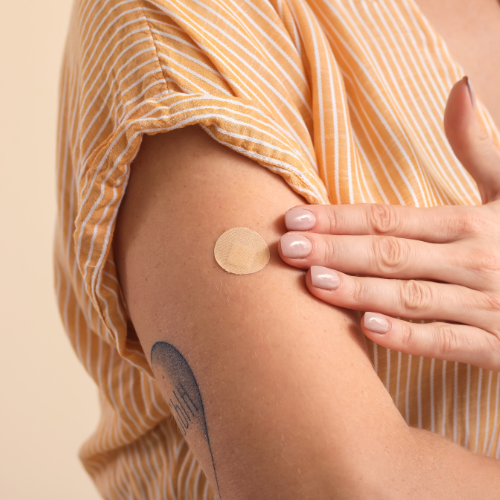Although there have been considerable efforts to curb its use in the UK and elsewhere, over 13 percent of UK adults continue to smoke tobacco. After surgery, patients who use tobacco are more likely to experience cardiovascular and pulmonary complications, as well as wound infections and intensive-care admissions – all of which influence overall mortality rates. As well as giving a sub-optimal outcome for patients, this comes at a considerable cost to beleaguered health systems.
Tough comparisons
However, the studies examining the effectiveness of smoking-cessation interventions around the time of surgery (perioperative) are diverse; there is huge variation in populations assessed, the definition and timeframes of the outcome assessments as well as the design and delivery of the interventions themselves. It’s hard, then, to use them appropriately to make recommendations.
Dr Suzanne Harrogate, an Anaesthesia Clinical Fellow at the Bristol Royal Infirmary, used a grant from the Elizabeth Blackwell Institute Clinical Primer Scheme to investigate the issue further.
New NICE guidelines
“The new NICE guidelines, from Nov 2021, emphasise that smoking-related harm is due to tobacco, not nicotine,” explained Dr Harrogate. “NICE advise a change in treatment approach to target tobacco addiction - rather than nicotine use - through the use of licensed nicotine-containing products.”
With the help of Consultant Anaesthetist Dr Ronelle Mouton, and Professor of Vascular Surgery Rob Hinchcliffe,Dr Harrogate undertook a systematic review and meta-analysis of perioperative smoking-cessation interventions and conducted a survey of current practice by anaesthetists in vascular centres in the UK.
Overall evidence
“The review was instructive,” said Dr Harrogate. “The overall evidence suggests that interventions delivered around the time of surgery can increase the likelihood that patients will abstain from tobacco at the time of surgery, as well as a year afterwards.”
The strongest evidence Dr Harrogate found supports intensive interventions which have at least 4 hours of contact time and include access to nicotine replacement therapy or other supportive medication before surgery, with support which continues after the operation.
Survey
“We also surveyed UK anaesthetists,” continued Dr Harrogate. “Although they almost universally discuss smoking with patients, they are less likely to take the next step and discuss smoking-cessation interventions. There are many possible reasons including organisational issues such as time constraints, and beliefs about the effectiveness of peri-operative interventions.”
The team have recently published the results of their work. Read the paper: Peri-operative tobacco cessation interventions: a systematic review and meta-analysis
Clinical Primer scheme
The Elizabeth Blackwell Institute Clinical Primer Scheme is aimed at medical, veterinary and dental graduates who would like to experience the world of research. These 6 month ‘primer’ projects, supported by the Wellcome Trust’s Institutional Strategic Support Fund, enable clinicians to gain research experience at the University if Bristol, and act as pathways to a potential PhD, if desired.
“This has been an excellent opportunity to gain practical experience in research and to develop my research network,” said Dr Harrogate. “During this project, I have developed knowledge in the process of systematic review, meta-analysis, qualitative research methods, questionnaire authorship and mixed-methods research. As a co-applicant on a successful grant application, I am now familiar with the process, and I will remain involved in this study going forwards.”
“I am very grateful for the opportunities I have had due to the Clinical Primer. It is a fantastic scheme that has helped me to establish a project I will continue to be involved with in the coming years.”
